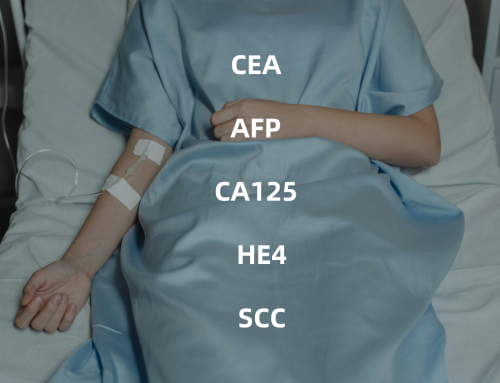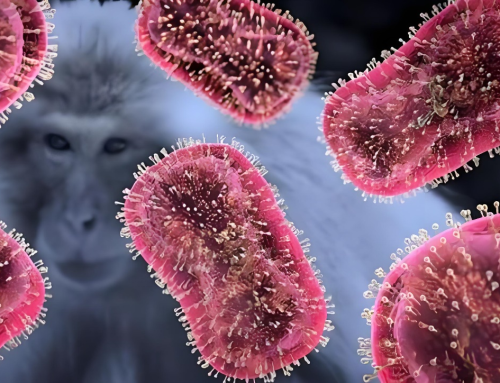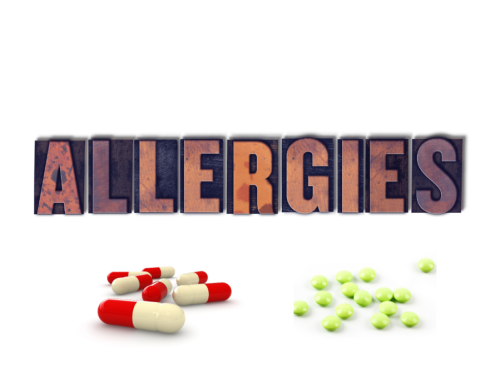January 30, 2024 marks the sixth World Neglected Tropical Diseases Day. The day aims to draw global attention to tropical diseases and call on governments and international organizations to strengthen their control measures. These neglected diseases occur mainly in tropical and subtropical regions and have a serious impact on the health and livelihood of local populations.

Tropical diseases, as the name suggests, are diseases prevalent in tropical regions. These diseases are mainly caused by viruses, bacteria, parasites and other microorganisms, which seriously affect the health and quality of life of people in tropical regions. However, due to the complexity and diversity of tropical diseases, many people’s understanding of them remains at the surface. Next, Maiyue Biology will help people better understand tropical diseases and improve their awareness of prevention and treatment through popular science.
First, let’s look at some common tropical diseases. Malaria is an infectious disease caused by Plasmodium parasites and spread mainly through mosquito bites. AIDS is an immune system disease caused by the human immunodeficiency virus (HIV). Dengue and Zika virus diseases are caused by the dengue and Zika viruses and are mainly transmitted through mosquito bites. In addition, yellow fever, leishmaniasis, schistosomiasis and other diseases are also common in tropical areas.

The incidence and mortality of tropical diseases are very high, mainly due to the ecological environment and people’s living conditions in tropical areas. For example, mosquitoes, which transmit diseases such as malaria and dengue fever, are common in tropical regions; The spread of AIDS is related to sexual behavior, blood transmission and other factors. In addition, medical resources are often scarce in tropical regions, which also makes treatment of tropical diseases more difficult.
So how do we prevent and treat tropical diseases?
- Prevention: Prevention is the most effective means of combating tropical diseases.
First, we should understand the transmission routes of various tropical diseases and try to avoid contact with possible sources of transmission. For example, we can use mosquito repellent products such as bed nets and mosquito repellent to prevent mosquito bites. With AIDS, we should avoid practices such as unsafe sex and needle sharing. In addition, we should also get corresponding vaccines, such as yellow fever vaccine, hepatitis B vaccine and so on.
- Treatment: For people already infected with tropical diseases, timely and correct treatment is very important.
At present, although there is no cure for tropical diseases, there are effective treatments for many diseases. For example, malaria can be treated by taking antimalarial drugs; AIDS can be treated with antiviral drugs; Dengue and Zika can be treated to relieve symptoms.
In general, tropical diseases are a serious public health problem that requires the attention and efforts of our entire society. We should raise the public’s awareness and prevention awareness of tropical diseases through science popularization education. At the same time, we should also step up research on tropical diseases to find more effective ways to prevent and treat them. Only in this way can we effectively control and eliminate tropical diseases and protect people’s health and life safety.
Product recommendation










